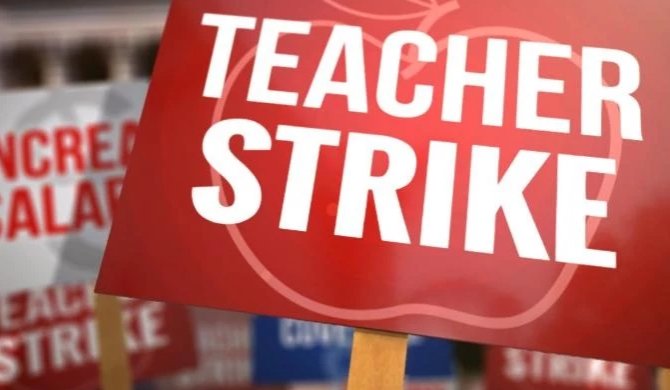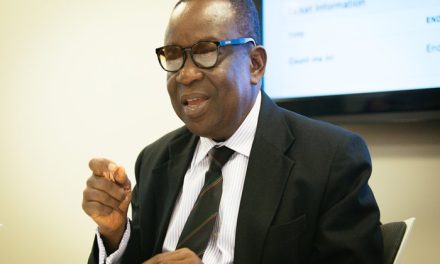Presidents of the Tertiary Education Institutions Network (TEIN) representing the country’s 46 colleges of education have expressed worry over the Colleges of Education Teachers Association of Ghana (CETAG)’s current strike action.
The strike, which began on June 14, 2024, is about the government’s failure to implement an arbitral ruling and negotiated service terms.
Despite an injunction from the National Labour Commission to call off the strike, CETAG remained steadfast in demanding that their issues be addressed. The walkout has halted all academic and administrative activity, making the future of the academic calendar uncertain.
In a statement released on Thursday, June 27, TEIN Presidents outlined several impacts the strike is having on students, making it difficult for the trainees.
They claim that level 400 trainees are among those most negatively impacted, having to pay for off-campus housing and attend lectures throughout the day.
Many of them are finding it difficult to find temporary housing for their studies due to the strike’s indefinite duration, which has made their problems worse.
The Level 400 trainees’ project work submission, a critical component of their Supported Teaching in Schools (STS) program, has also been hampered by the strike.
The development of their portfolios, which is crucial for their future employment, has slowed as a result.
To guarantee a good academic year, TEIN presidents, who speak for teacher candidates across the nation, have urged the government and relevant parties to take up CETAG’s complaints.
In order to stop additional disturbances and ensure the future of student teachers, they advocated a prompt conclusion. “In fact, most academic programs and activities have slowed down and will continue to do so as a result of the strike.
The public still wants to know when they can expect to see respect for teachers in this nation. And when will the government give our beloved tutors’ remarks and pleas any consideration?
“The new four-year bachelor’s degree in education, above all, requires tutor-to-student interactions; without the tutors, students will find it extremely challenging to comprehend the approaches being used.
“In order to restore teaching and learning, we so implore the government to grant their demands”.
BY: APPIANIM





